How Trump’s tweets — and Cardi B — are making more Americans move to Ghana
What started as an anniversary promotion called the Year of Return — a government-funded call for the African diaspora to explore Ghana four centuries after the first slave ship reached Virginian soil — has enticed some Americans to stay for good.
Officials in this West African nation of roughly 29 million people say interest has overwhelmed the tourism office as the annual flood of visitors has more than doubled and A-list celebrities spark frenzies around the capital.
By December, border agents were running out of visa stickers. Applications to enter Ghana shot up from about 1,000 per week to a staggering 10,000, said Akwasi Agyeman, chief executive of the Ghana Tourism Authority. Most visitors are American, he said.
More surprising, he said, was the number of people who have decided to stay: 126 were granted citizenship this fall, including 46 Americans, in the country’s biggest naturalization ceremony since 2016.
“We could not have imagined this,” Agyeman said.
The rush to Ghana, where millions of Africans were forced into servitude before the slave trade ended in 1870, intensified after tweets from President Trump.
In July, Trump told four congresswomen — including Rep. Ilhan Omar (D-Minn.), a Somali refugee — to “go back” to “the totally broken and crime-infested places from which they came,” sparking outrage around the world. (All four are U.S. citizens.)
Omar responded Aug. 1 from the Cape Coast Castle in Ghana, where she posted photos with House Speaker Nancy Pelosi (D-Calif.) on an official visit this summer.
“So grateful for the honour to return to Mother Africa,” Omar tweeted.
The high-profile sparring amplified attention on Ghana, Agyeman said. Calls and emails surged. Hotel costs climbed.
People spoke of booking a trip, he said, as a way to strike back at Trump’s words.
Ghana’s quest to attract tourists began as a strategy to bolster the economy. It’s a mission countries across the continent share as leaders aim to harness historical sites, national parks and glittering shorelines.
Consumer spending on tourism, hospitality and leisure in Africa is projected to hit $262 billion in the next decade, up from $124 billion in 2015, according to the Brookings Institution in Washington.
Business leaders laud it as a path to shrink reliance on raw-material exports to foreign superpowers that tend to exploit workers and hog the benefits.
The climate in Ghana is ripe for entrepreneurs to fill potholes, add traffic lights and digitize tax returns, among other business moves, said Kojo Terry Oppong, founder of BlackBand, a concierge service for tourists and business travellers.
“This is a market where you can solve a lot of basic problems and make a lot of money,” said Oppong, 30, who was born in Accra and raised primarily in New Jersey.
It’s also part of the youngest region on Earth, with an exploding middle class of customers.
The problem: Some foreigners associate Africa with disease, war and famine. Celebrities with gigantic social media followings are helping to spread another view.
Steve Harvey and the rapper T.I. visited the country in recent weeks, for instance, along with Conan O’Brien, who filmed a special in Accra. (“It’s very important to me that I am very popular in Ghana,” O’Brien said in the November bit.)
The buzz is reaching phone screens worldwide.
“People can look up and say, ‘Cardi B’s in Africa?’ ” Oppong said. “What does that even look like?”
It looks like an artist with 56 million Instagram followers strutting into Accra’s posh Kempinski Hotel Gold Coast City one December night as fans sporting Versace and wax prints shrieked.
A reporter asked Cardi B about her impression of Ghana hours before she played her first show in the country.
“They don’t know it’s lit,” the rapper said of her fellow Americans. “They don’t know it’s beautiful. They don’t know the food is delicious.”
Cardi B had ordered spicy prawns from the poolside grill that afternoon and checked into a suite that costs up to $12,000 a night. (She later performed in a Ghanaian red, yellow and green bodysuit.)
Down in the lobby, Maurice Cheetham, a Ghanaian American from Detroit who launched a tour company here two years ago, lounged in a leather booth.
“When I was growing up, it wasn’t ‘cool’ to be African,” he said as lanky models nearby snapped selfies. “I put it deep inside me.”
That changed after his father died. Cheetham, 45, felt called to discover his roots and fell in love with Accra.
“Now everyone wants to come,” he said. His clients have quadrupled.
The swelling crowds of Americans are putting more cash into local pockets. Artists at the biggest craft market in town estimate their monthly earnings have risen from about $450 to $750.
But some see the visitors as rich people in a fancy adult version of a study-abroad program.
“They already have a lot of money,” said Kojo Osei, 37, who hawks soccer jerseys at an Accra stall.
Osei notices mostly families or tourists in their late 20s and 30s — not a lot of high school graduates seeking greener pastures in a nation where the average yearly earnings amount to $2,130.
“If they really want to see Ghana, they should go to the villages,” he said. “See the reality.”
Ghana’s government hopes the spotlight will create more jobs for everyone. Next year brings “Beyond the Return,” a public campaign to help new arrivals get settled for the long haul.
Delva, the former Bostonian, landed in August with his life savings and a YouTube education on Ghana.
“I watched every video out there,” he said.
The Year of Return chatter had sparked his interest. His parents are from Haiti with roots in West Africa. He felt stuck in America. He was sick of the racism.
The foreign land across the Atlantic seemed more accessible.
“You can’t just walk into the Bank of America and ask for a meeting with the CEO,” Delva said. “You’ve got a shot to do things like that here.”
Now he has a full calendar, a spacious apartment and a mix of friends with big plans.
“When I think about going home to the States,” Delva said, “it almost makes me want to cry.”
Of course, he’ll visit his family. But this place, he said, holds his future.
Delva recently found a scrawny dog on the beach, fed him back to health and named him Billion — a nod, he said, to his potential in Ghana.
Osei Owusu Amankwaah contributed to this report.
Source: Washington Post
Made in Ghana Street Fair Opens this Weekend!
The Made in Ghana Street Fair is an official Year of Return event and will feature some of the best locally made products from across the country. Catherine Morton, CEO Street Fairs Int. and an Event organiser said this street fair is very important because it brings emphasis to Ghanaian products. We’ve become a society that often patronizes foreign goods and this event is a great way to bring the attention back on our local products.

“We have vendors coming all the way from the Northern Region, and other very far places with products that people don’t even know about in Accra. We believe that in this festive period, when we have Christmas, we shop a lot, but most often we forget about the indigenous products we have in Ghana,” she said.
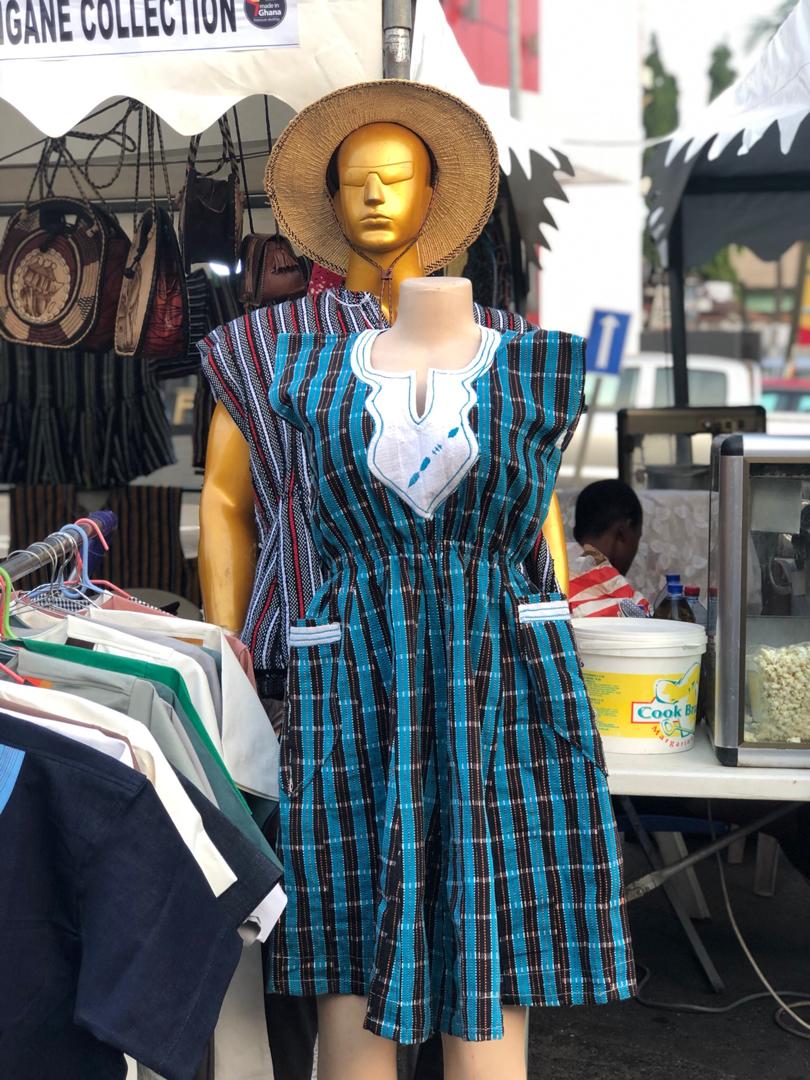
Having an event like this will give shoppers who flock to Osu an opportunity to meet vendors and learn about what they are selling while supporting local business owners. “We have close to 300 vendors participating this year,” she said, “You’ll find everything from garments to textiles, beauty, food, arts and crafts, almost every category. Being a Year of Return event, this also puts the spotlight on our locally made products for visitors to take advantage of. This is one of the ways we can export our culture to the diaspora through products and services.
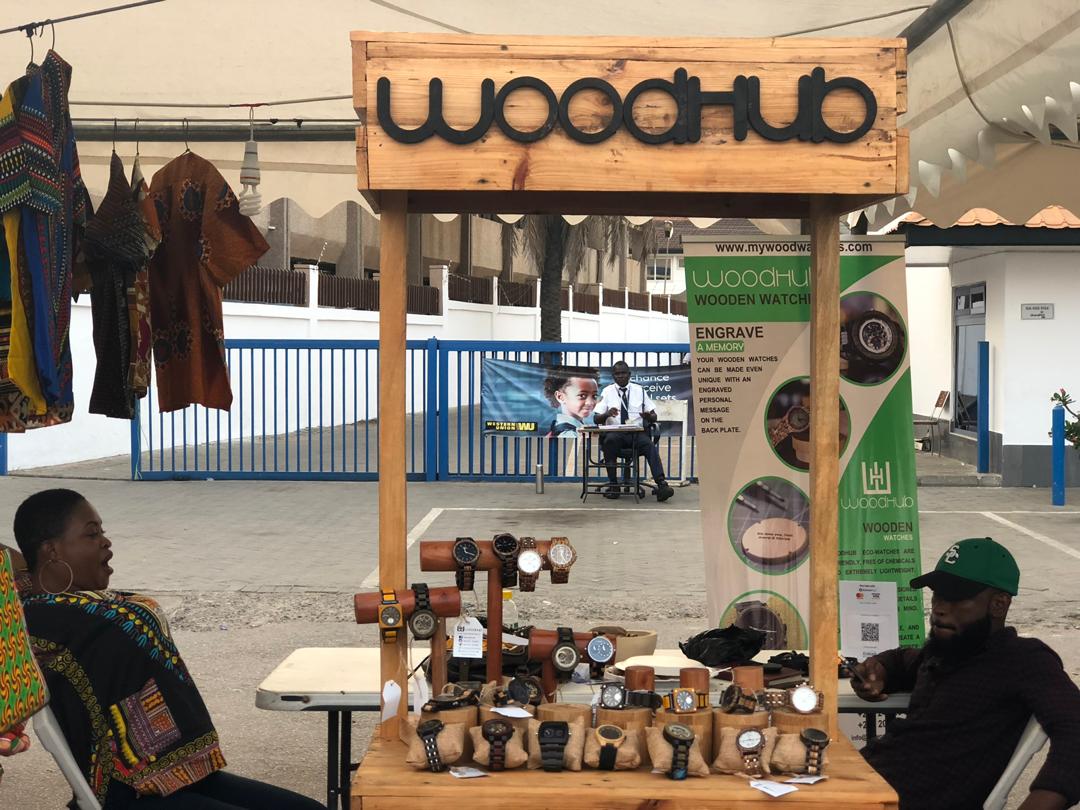
The Made in Ghana Street Fair takes place twice this month; 20th-22nd December in Osu on Oxford Street and 27th-29th December at Junction Mall.
Year of Return: Kwaw Kese’s Return Concert Will Shut Down Oxford Street
Madtime Entertainment presents the Kwaw Kese’s The Return concert. promises to be one of the biggest shows for the holiday season! This concert is an official Year of Return event and some of his industry friends will be taking to the stage. This event aims to bring together the diaspora who have travelled to Ghana and experience events during the Year of Return as well as local Ghanaians who want to see their favourite artists while getting the chance to meet and mingle with visitors from the diaspora.
Some of the artists who plan to join him on stage includes some of the big superstars like Sarkodie, Stonebwoy, Samini, and Edem. The show will be on Osu, Oxford Street with the stage setup near Frankie’s Restaurant. Showtime is scheduled for 5pm and will go until very late! Kwaw Kese is excited for the chance to share with young people what Year of Return is all about and give them an amazing experience at the concert.
Other top-notch Ghanaian artists slated to perform include Medikal, Sista Afia, Quamina MP, Skonti, Joey B, E.L., Sefa, and Pappy Kojo.
Don’t miss out on one of the biggest shows this holiday season. This Saturday 21st December on Osu, Oxford Street.
Year of Return: Accra lights-up ahead of #DecemberInGh Christmas
The Accra Metropolitan Assembly Ridge roundabout area has been brought to life with beautiful colourful decorative lights.
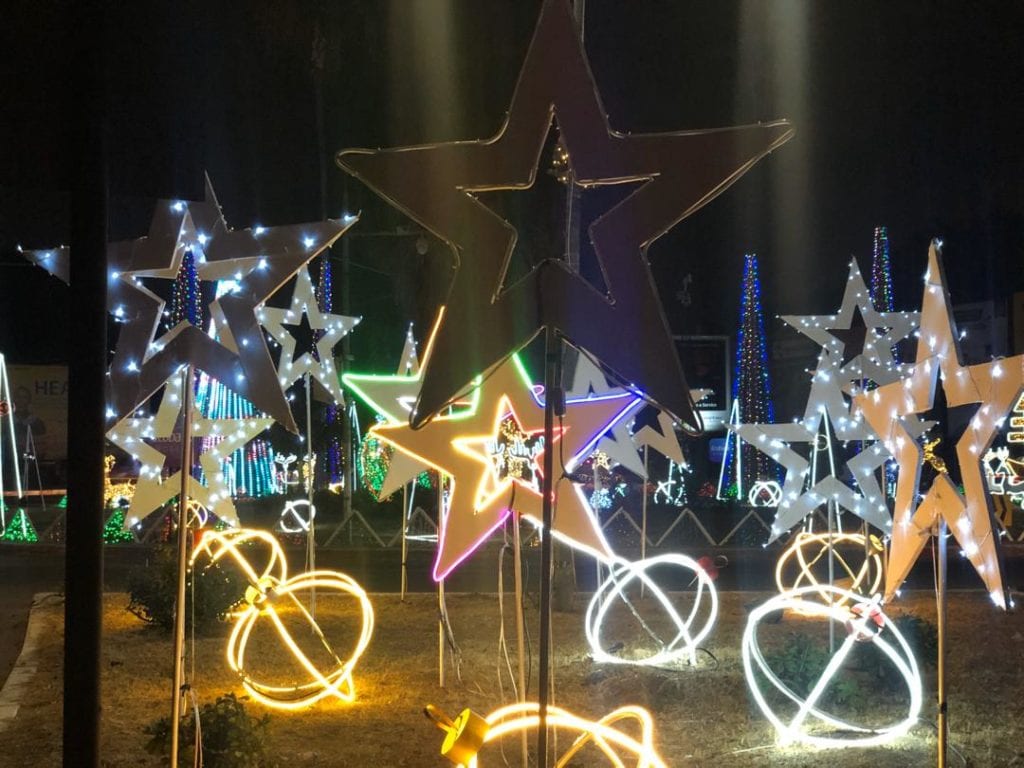
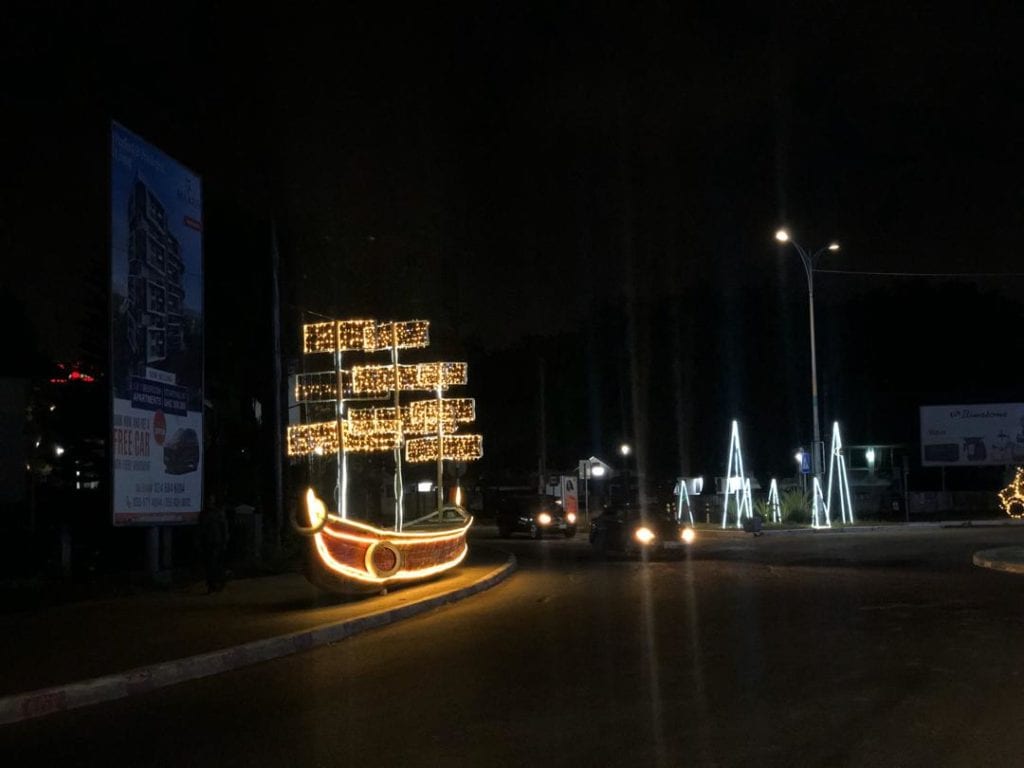
The Accra Metropolitan Assembly together with Jandel LTD, Ministry of Tourism, Arts And Culture, Ghana Tourism Authority, Ecobank Ghana Limited, Standard Chartered Ghana at a short ceremony lighted up the Ridge area with decorative lights, art and crafts. On display in the roundabout are lighted reindeers, canoes, decorated vehicles all lighted up to set the mood for #Christmas.
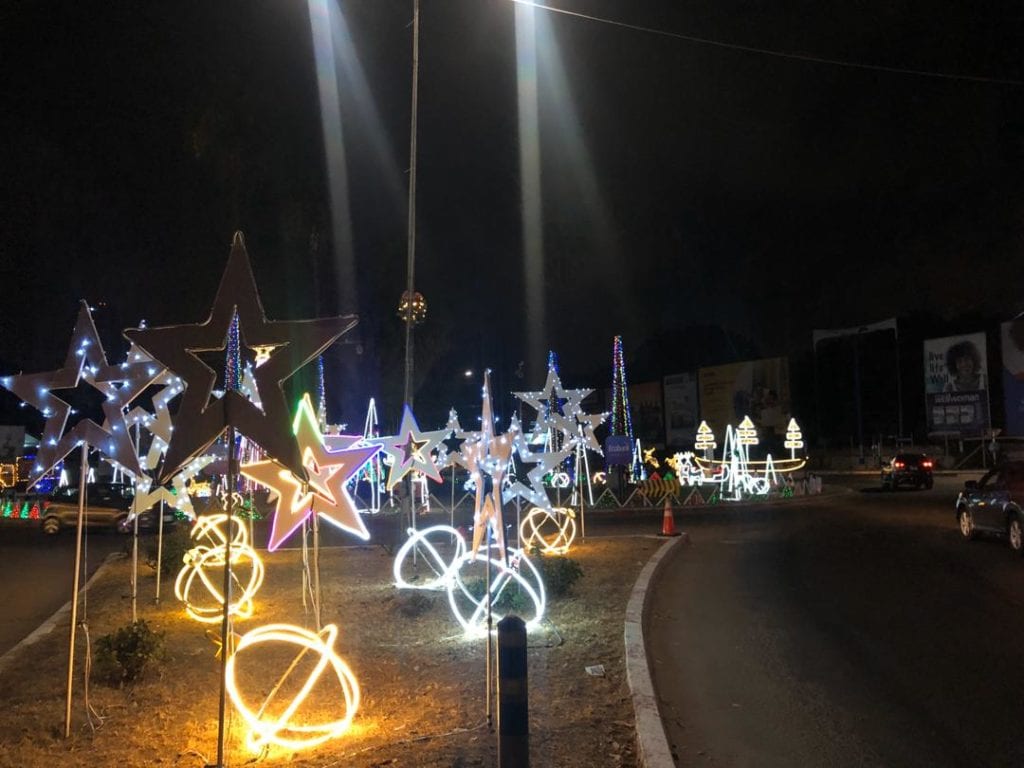
The lighting-up Accra is being undertaken to beautify the city ahead of the Year of Return #DecemberInGh festivities.
#yearofreturn #brafie #Ghana2019 #letsgoghana
Photos: American Rapper Cardi B. Performs in Ghana
Cardi B. is one of hip-hop’s most commercially successful female artists and she has a legion of fans around the world, including in Ghana. The artist performed on Sunday 8th December at the Accra Sports Stadium to an eager crowd of fans. When she burst onto stage giving a packed performance of dancing and fireworks the crowd went wild with some rapping along to all the lyrics.

She was dressed in a costume that paid homage to the Ghana flag in red, gold and green with the black star. Even her wig, which she took off and threw into the crowd at the end of her show, was streaked with the colours of the Ghana flag.
Ahead of her performance, she had a meet and greet at the Kempinski Hotel which included celebrities, creatives, business people, media and some of her die-hard fans. Cardi arrived to cheers as everyone had waited to see her most of the day. Originally scheduled to happen earlier that afternoon, many invited guests had waited for many hours. Some of the invitees took to social media to express their feelings of anger and disappointment when she didn’t make an appearance in the afternoon. Cardi explained to the audience that she wasn’t aware that a meeting with her fans and local celebrities was scheduled and assured everyone that she loves her fans and never intended to disrespect anyone.
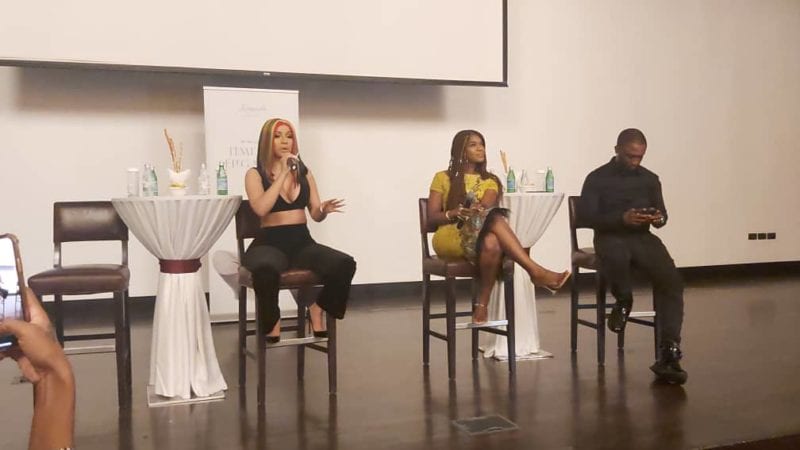
Ghanaian Singer/Songwriter Becca moderated the Q&A session and also gave women in the audience an opportunity to ask questions directly to Cardi.
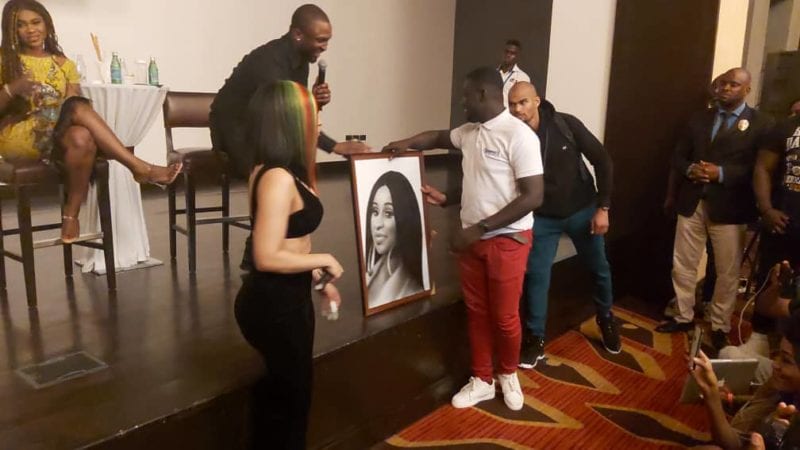
The interactive session also gave some local talents an opportunity to gift Cardi with some of their products. Kwaku Bediako, CEO of Chocolate Clothing GH, gave her two items. Bediako explained that he normally designs for men, but has created a new concept of unisex designs. Cardi loved it and even asked him for a belt to wear the style he gave her. Other designers including Kua Designs took the opportunity to share their made in Ghana brands with Cardi. An artist even revealed a portrait he made of the rapper and she gave him a hug to thank him for the gift.
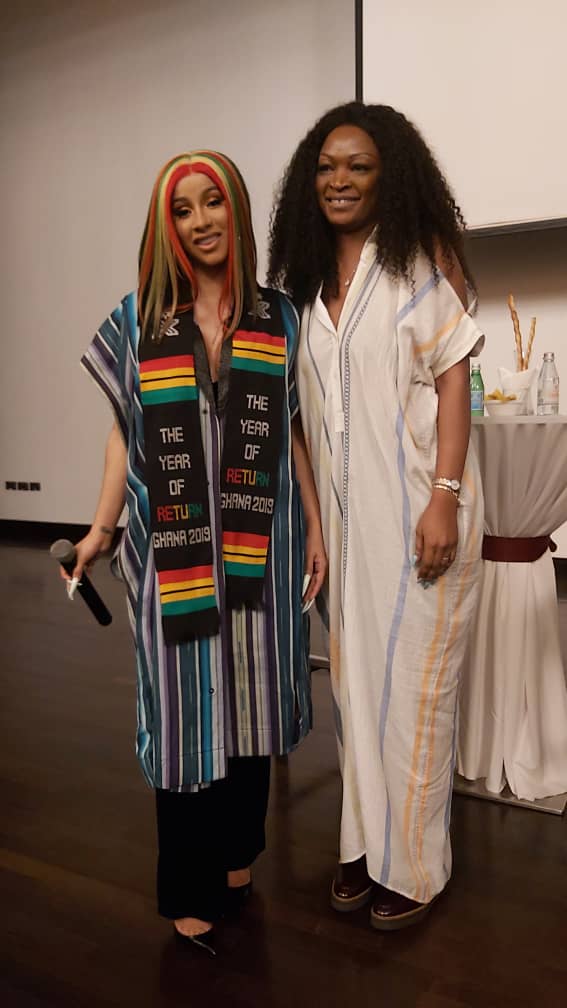
Nadia Adongo Musah, Deputy Director for Diaspora Affairs in the Office of the President, presented Cardi B with a Year of Return woven sash. It was also an opportunity for the Deputy Director to tell everyone more about how the Year of Return was launched by the President.
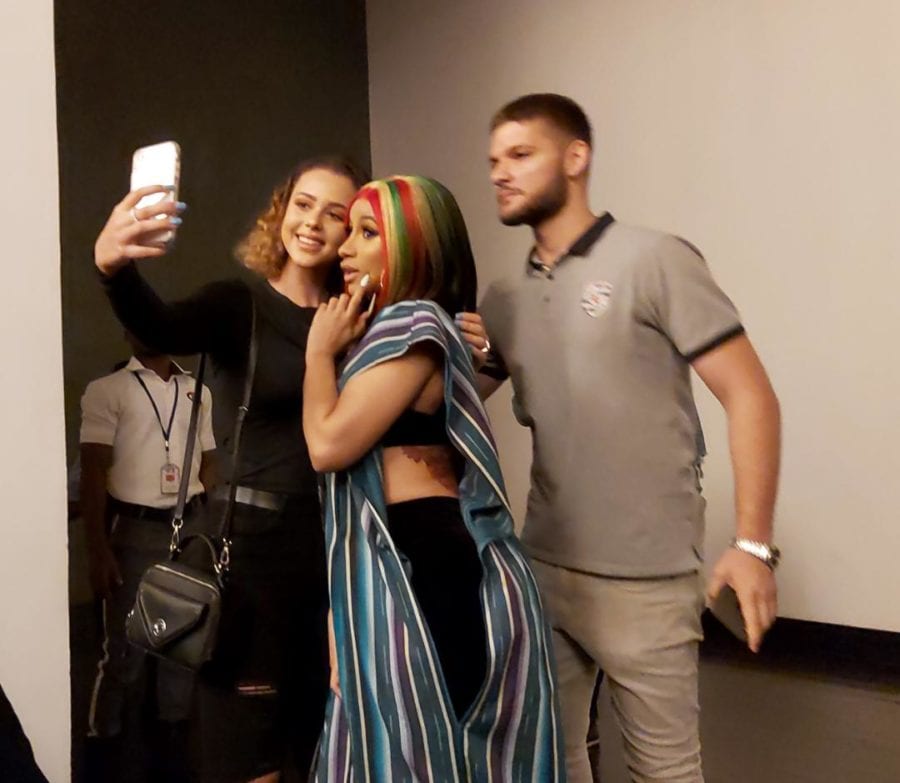
Cardi’s passion to connect with her fans meant she was willing to take pictures with everyone before she dashed off to get ready for the concert.
Akufo-Addo deserves to be praised for “Year of Return” initiative – Ablakwa
Samuel Okudzeto Ablakwa, Member of Parliament for North Tongu, has commended President Akufo-Addo for implementing the ‘Year of Return” initiative, ABC News can report.
Speaking in Parliament on Tuesday, December 3, Mr. Ablakwa said Ghana has attracted considerable interest and high-level visits from Africans in the diaspora since the President made the declaration.
Related posts
”Mr. Speaker, it is most appropriate to commend our President, Nana Addo Dankwa Akufo-Addo for declaring in September, 2018 that this year – 2019, shall be observed as the: “Year of Return, Ghana 2019.” It is trite knowledge that 2019 marks 400 years since the first enslaved Africans arrived on the shores of Jamestown, Virginia in the United States of America” the North Tongue MP told the House.
”Since this proclamation, it is fair to note that Ghana has attracted considerable interest and high-level visits from Africans in the diaspora, perhaps taken such Pan-African pilgrimages to the next level since President Jerry John Rawlings institutionalized the PANAFEST celebrations in 1992,” Okudzeto Ablakwa extolled.
Mr. Ablakwa was also full of commendation for President Akufo-Addo for conferring Ghanaian citizenship on 126 Africans in the diaspora. He noted that the country has done very little to take advantage of the provisions of the constitution that permits diasporans to be given such honour.
”Mr. Speaker, kindly permit me to also highlight the conferment of citizenship on 126 Africans in the diaspora by the President last week. The House will recall that last year I made a statement urging the State to make greater use of this provision in our laws,”
”Since the days of the exceptional intellectual W.E.B. Du Bois and that great poet Maya Angelou were granted citizenship, it remains my humble view that we have not made impressive effort to leverage this opportunity even though I acknowledge that in 2016 President John Dramani Mahama granted citizenship to 30 Africans in the diaspora,” he said.
In September 2018 in Washington, D.C, President Akufo-Addo declared and formally launched the ‘Year of Return Ghana 2019’ for Africans in the diaspora, giving fresh impetus to the quest to unite Africans on the continent with their brothers and sisters in the diaspora.
A number of African Americans, including Steve Harvey, Boris Kodjoe, Michael Jai White, Anthony Anderson, Idris Elba, Jidenna, Samuel L Jackson and Deborah Cox have already visited Ghana as part of the initiative.
Ghanaian Actors Star in Caribbean-Produced Movie that Crosses Cultures
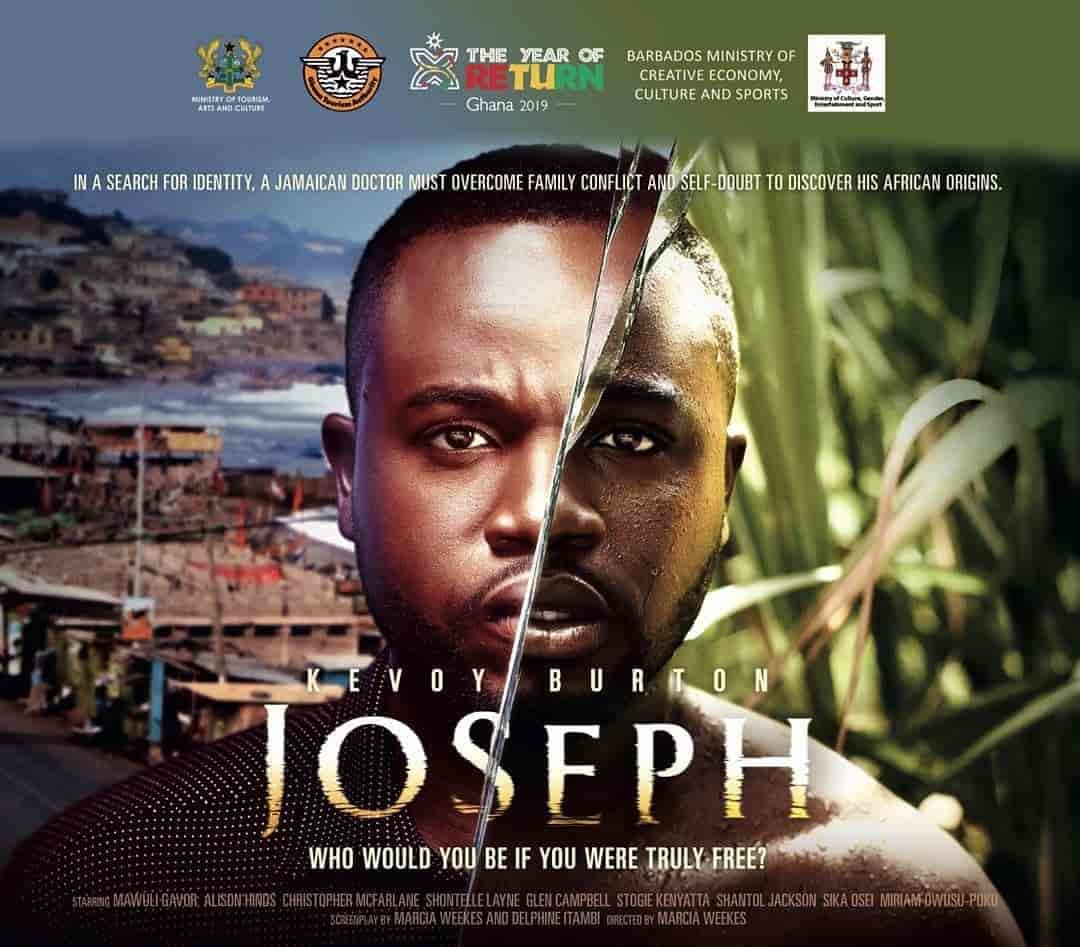
Step By Step Productions is a film production company based in Barbados. They’ve previously produced six feature films to critical acclaim including Barrow – Freedom Fighter, which won an African Movie Academy Award for Best Diaspora Documentary.
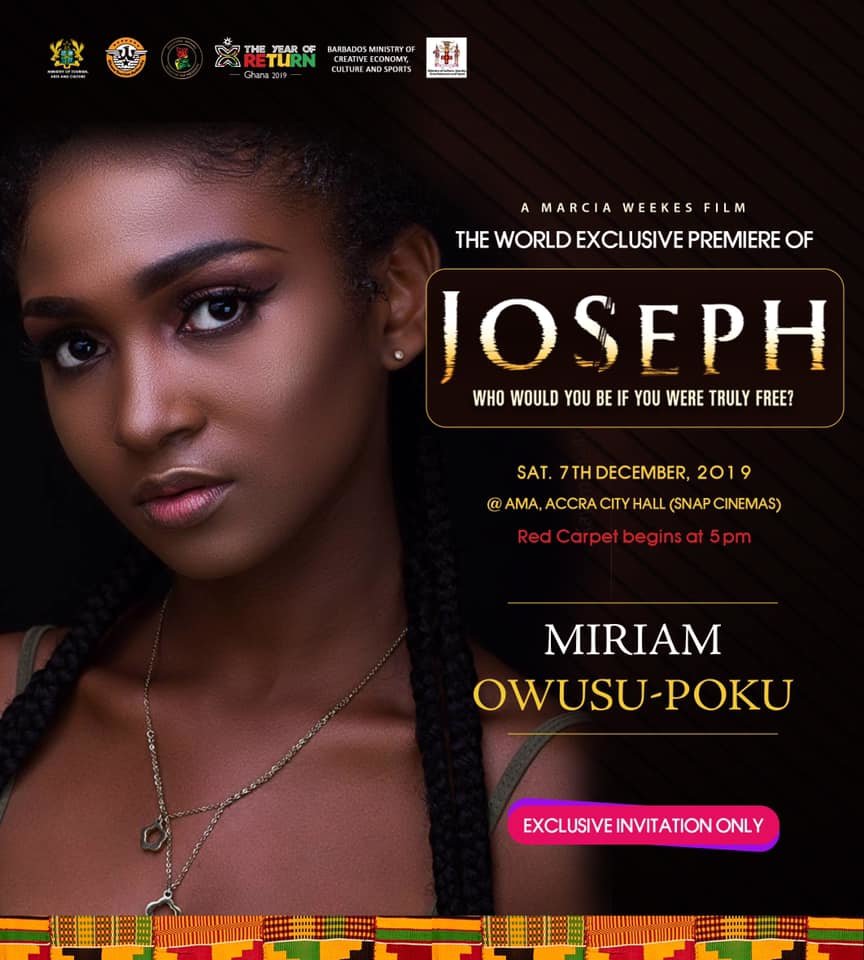
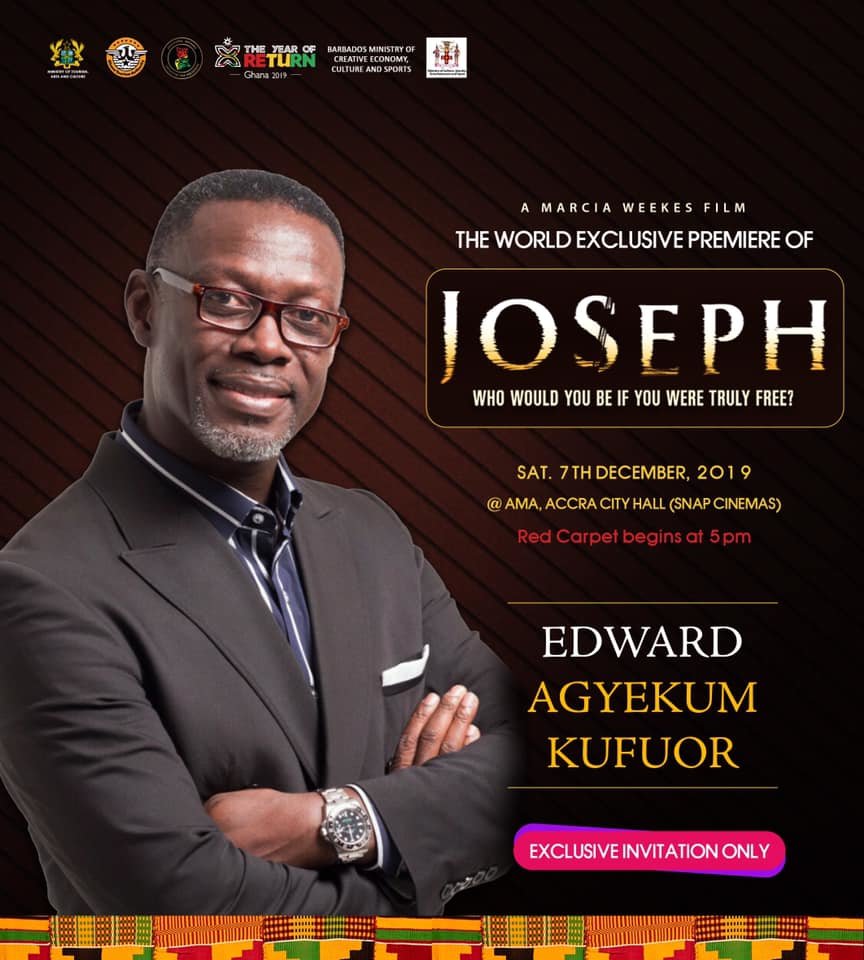
This year, the production team took on a story that crosses cultures and bridges the gap between Ghana and the Caribbean. The movie, ‘Joseph’ is directed by Marcia Weekes and Produced by Marietta Carter-Narcisse. The film, which has its world premiere on 7th December in Accra, explores the life of a Jamaican doctor who has ancestry tied to Ghana through his Grandfather. The lead character, Joseph, is played by Actor Kevoy Burton from Jamaica and he is currently in Ghana to attend the premiere. Scenes were filmed both in Ghana and the Caribbean and feature a diverse cast of both African and Caribbean actors.
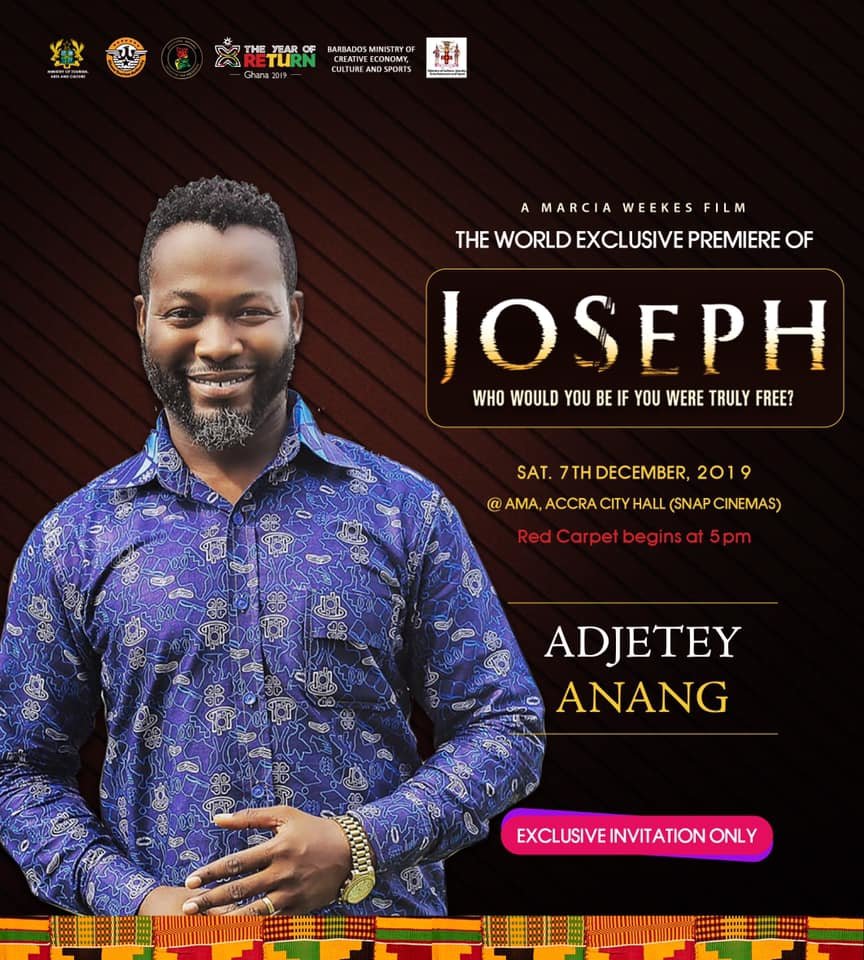
The Year of Return team visited the production when they were filming in Ghana earlier this year. We spoke to some of the actors about their experience and what we can expect from the movie. Ghanaian cast includes Mawuli Gavor, Harold Amenyah, Miriam Owusu-Poku, Sika Osei, Edward Kufuor, Richard Yaw Boateng, Ernest Odame, Adjetey Anang, Chloe Carter, and Edinam Atatsi. There is also a Ghanaian production team who worked on the film.
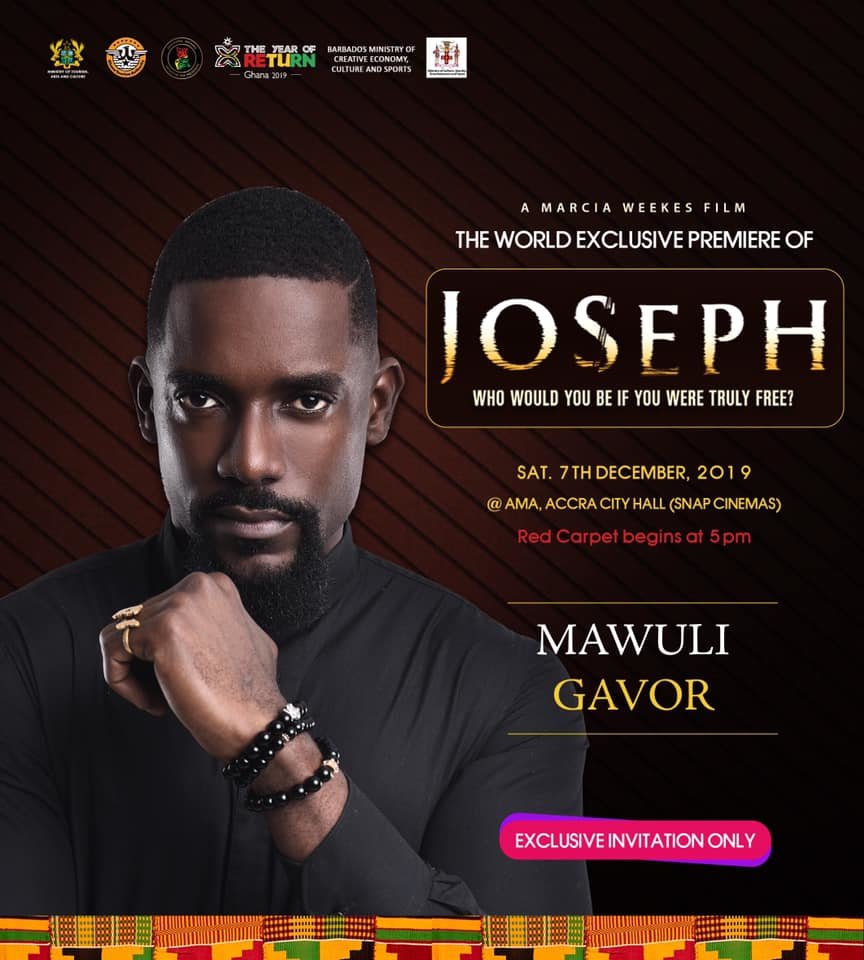
Mawuli Gavor, who plays Kweku, the best friend of Joseph in the movie, is a Ghanaian-born TV presenter, actor, producer and entrepreneur. Now based primarily in Nigeria, his career as an actor has seen him in roles on the telenovela series, ‘Hush’ and in hit films including ‘Chief Daddy’and the upcoming ‘Sugar Rush’. When speaking about his role in the film Gavor said, “Kweku becomes instrumental in pushing Joseph to make the move to connect with his African roots.” When asked how this film would connect Ghanaians and Caribbeans Gavor acknowledged the realities. “It’s a bit ridiculous how disconnected our two worlds are considering how similar we are. Ultimately we’re just distant relatives, and the film helps all of us regardless of which side of the divide we belong.”
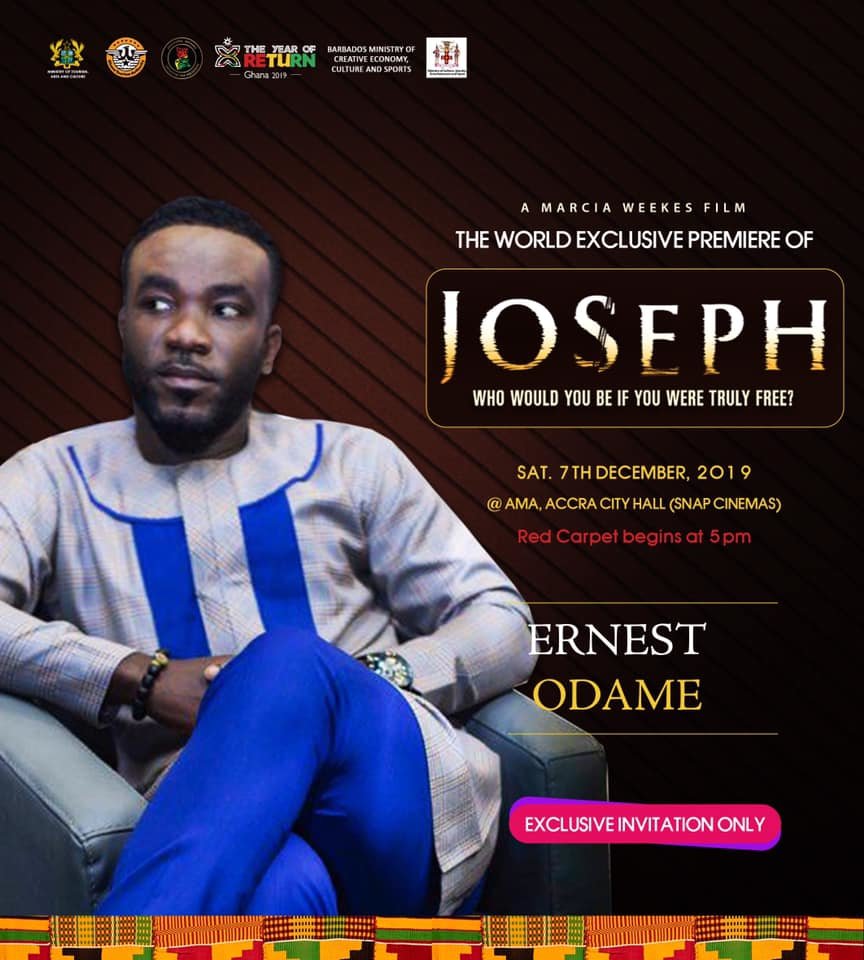
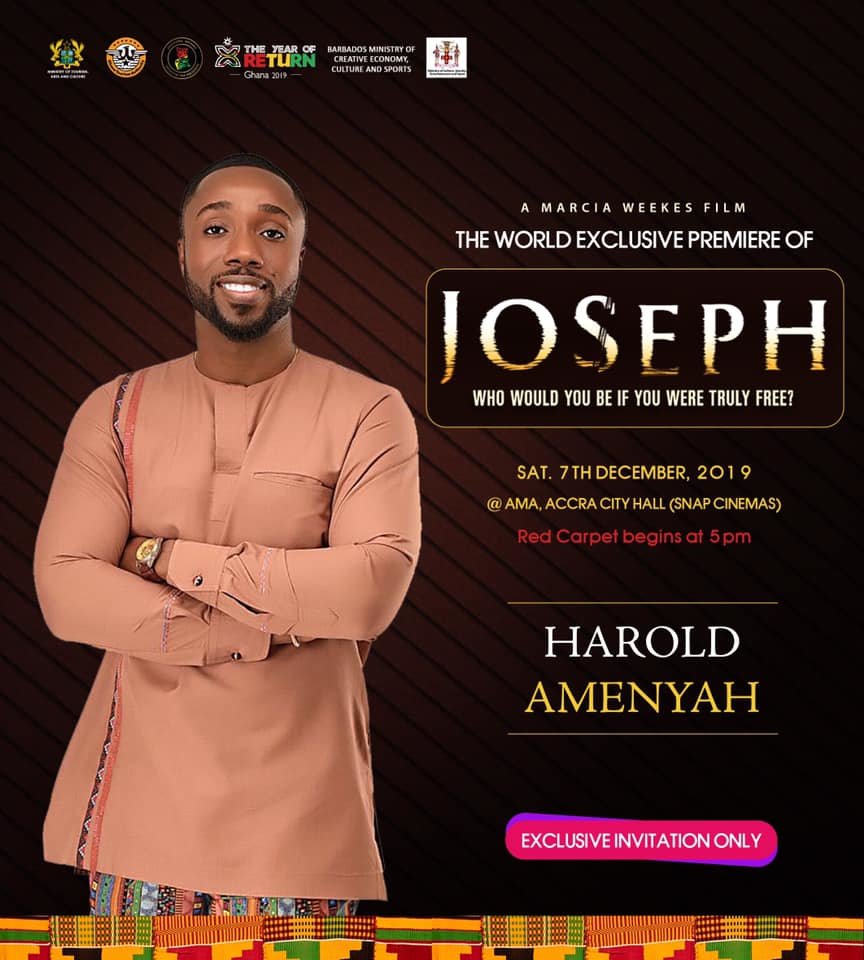
Harold Amenyah also stars in the film and said he plays the character Nii, a friend of Joseph’s. He takes him around Ghana showing him the culture and traditions of the country. Amenyah said that this film is important because it will show people in the Caribbean a sense of belonging [in Ghana]. “People who are going to watch this movie in the diaspora are going to realize how much of similarity and how connected we are,” Amenyah said.
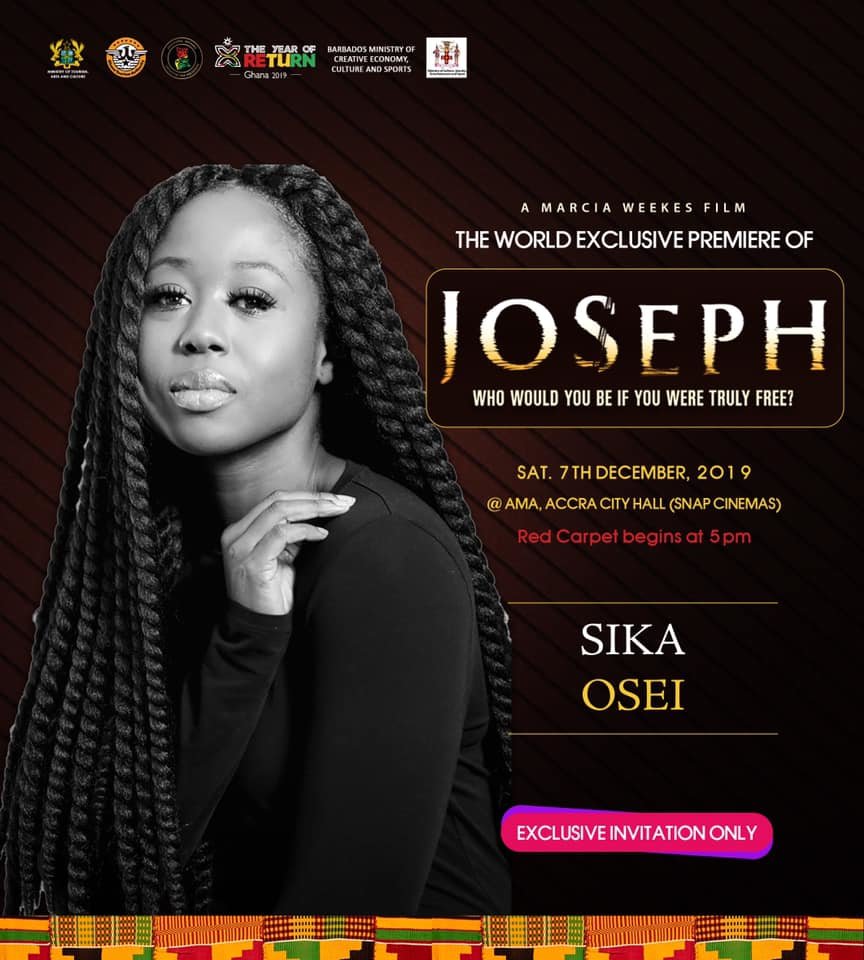
The exclusive red carpet screening will be at the Accra Metropolitan Assembly on 7th December. The premier event is invitation only, but there will be a public release of the film on 24th January 2020 at Silverbird Cinemas.
By: Ivy Prosper
Cardi B is on her way to perform for the first time in Nigeria and Ghana
Grammy award-winning rapper and social media sensation, Cardi B is on her way to Africa to perform for the first time on the continent in Nigeria and Ghana.
Immense popularity
Exclusive Premiere of ‘Joseph’ Connects the Caribbean to Ghana
ACCRA, GHANA – DECEMBER 2, 2019
Step By Step Productions Inc. presents the ExclusiveWorld Premier of the feature-film, ‘Joseph’. Directed by Marcia Weekes and Produced by MariettaCarter-Narcisse, the film screens on 7th December 2019 at the Accra Metropolitan Assembly in Accra, Ghana. The exclusive invitation-only event is in partnership with Ghana Tourism Authority, and the Year of Return.
The film follows the life of Joseph King, a successful Jamaican doctor, who is haunted by the memories of his beloved grandfather in Accompong, the Maroon village his family originated from. Although he’s considered himself to be Jamaican all his life, he yearns to visit Africa. His father is dismissive of any ideas of going ‘back to Africa’ because he feels it’s a step backwards for their modern family and conflict arises. Through the encouragement of his friend from medical school, he embarks on a life-changing trip to Ghana, which takes him on a journey of self-discovery.
This film premieres in Accra as an officially endorsed program on the Year of Return – Ghana 2019calendar. ‘Joseph’ is an African-Caribbean drama that aims to rebuild relationships between the African and it’s Caribbean and diasporan family. It exemplifies the vision of bridging the gap between cultures.
The diverse cast includes Kevoy Burton (Jamaica), Christopher MacFarlane (Jamaica), Alison Hinds(Barbados), Shontelle Layne (Barbados), and Stogie Kenyatta (Jamaica/USA). There is also a strong cast of Ghanaian talent in the movie including Mawuli Gavor, Harold Amenyah, MiriamOwusu-Poku, Sika Osei, Edward Kufuor, Richard Yaw Boateng, Ernest Odame, Adjetey Anang, and Edinam Atatsi.
The film aims to break into the Nollywood film market and open doors in the Caribbean. It’s already secured a distribution deal with Film One Distribution in Nigeria and will screen at the BarbadosInternational Film Festival in January 2020. Releases are planned in the new year for New York, Toronto and London. The Accra premiere on 7th December, is an invitation-only event, with plans for release to the public on 24th January 2020 at Silverbird Cinemas.
Step By Step Productions is an independent film company based in Barbados. They have produced six feature films with success in both local and international markets. Previous films include Barrow- Freedom Fighter, which won an African Movie Academy Award for Best Diaspora Documentary.
Contact for Film Premiere:
Year of Return Secretariat
+233 24 040 2408
support@yearofreturn.com
Contact for Movie Production:
Dave & Marcia Weekes – Praise Academy & Step By Step Productions
+1 246 837 1104 / +1 246 268 1578 (Mobile)
www.stepbystepfilms.com
The Allure Of Travel & Tour
Myriad reasons exist as to why we find travel and tour alluring or why we find it a necessary form of escapism, yet even through these reasons we are not absolutely sure why we are drawn to it. In its barest form, we tour and travel largely to sate our curiosity about our world. It is a purely instinctive trait innately fixed within our psyche; take this for an example, When you set foot in a new environment or area it becomes a natural response to want to know more about where you are or to explore and familiarize with this new environment. Therein lies the process of touring, discovering, exploring and experiencing things that the new locale has to offer as a means of satisfying our curiosity. There is not a concrete answer as to why we tour but there is safety in assuming that we do so as a perfectly instinctive response to being thrust in a new, unfamiliar environment. Tourism then became the commercial structure and organization borne out of the innate need to explore our world, to familiarize and connect deeper with our surroundings and general places of interest.
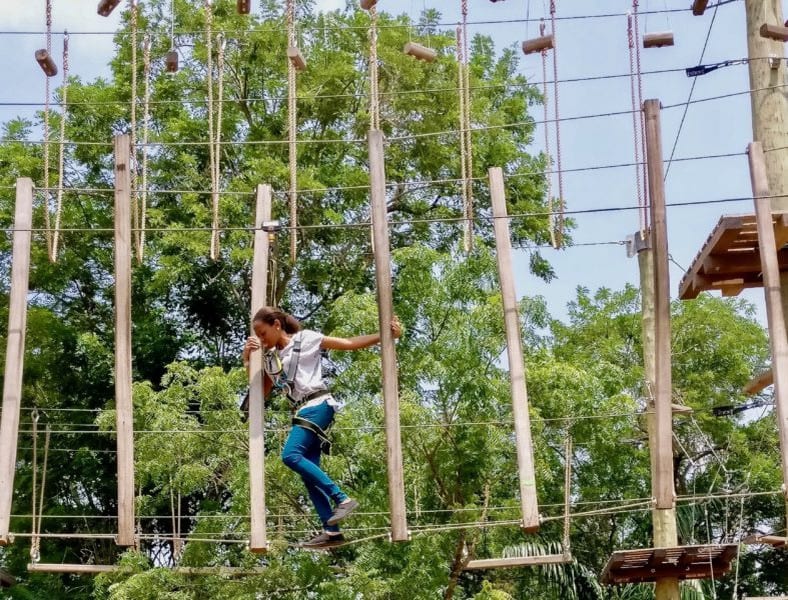
The world is full of splendour and mystery, often found in areas that suspend belief effortlessly and humans, being creatures that are drawn to the bizarre and unusual take the time to tour these places. From the Great Pyramids at Giza to the Great Wall of China and to Mount Everest, visitors find themselves struck with awe and excitement and some find the experiences humbling and emotional as it resonates deeply with certain aspects of our personal lives; a person’s joy at cruising over the Lake Volta because of their love for water or swimming at a different time in their lives or a person’s love of heights takes them on a tour to Mount Afadja to conquer its precipice. The act of touring although natural, usually does not occur without a catalyst to ensure a person is in a position to even tour a new locale. Here we can find name some scenarios that almost perfectly serves as a reason to explore and tour.
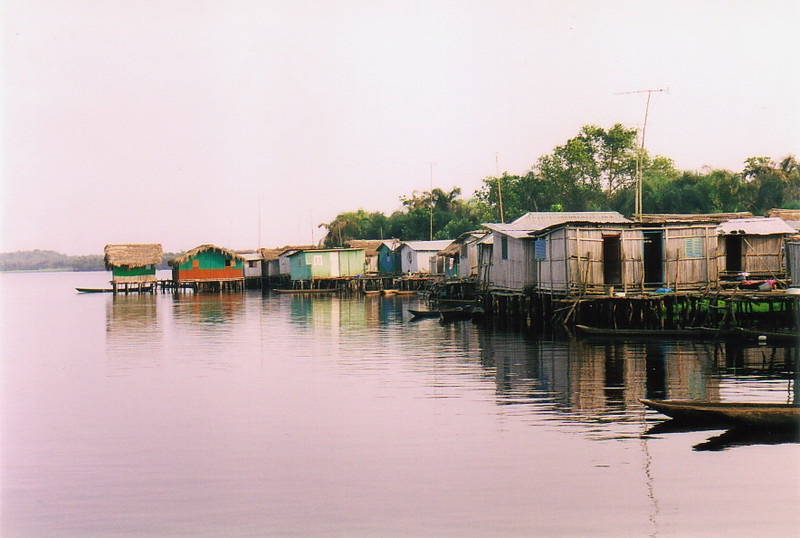
One such scenario we can imagine is going on a business trip or attending a professional event. With this its often common that as a means to familiarize with the environment in which a business or professional occasion is going on, we take tours and discover new things. It also serves as a means to escape from the tedium of work and business, to relax when all professional activities are at an end. Some examples of this are conferences or workshop events that a company or business professional attends in a foreign country. Another well-known scenario is traveling on a religious or spiritual pilgrimage. For many, leaving their homes and embarking on a pilgrimage to holy sites, monasteries, temples and churches far off and away is part of their religious or spiritual activities and it holds great significance to them. However even while on these trips, the need to tour and connect with these new locations becomes apparent as for some it serves as a way of deepening their faith or belief in these areas while for others it is a way to gain greater knowledge and experience about their destination. Pilgrimage to the holy site of Mecca in Saudi Arabia, trips to the Vatican City enclaved within Rome, or to the Shaolin Temple in Songshan Mountain, China, are some examples of religious trips.
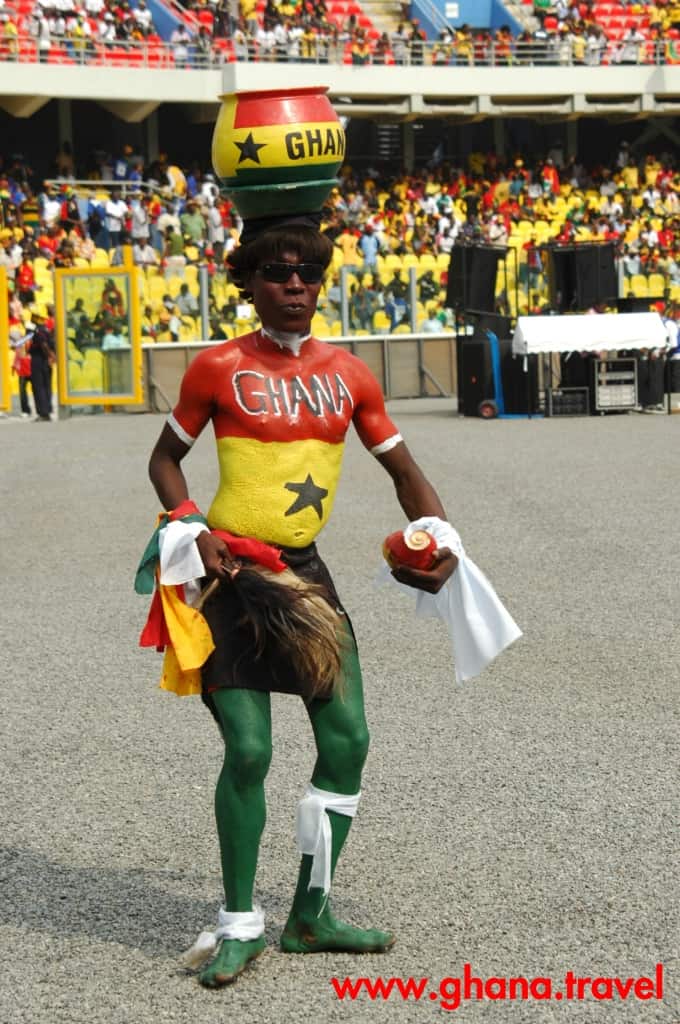
Sporting events are also a great way for people to have a chance to explore a new place, and to witness the charm of a city preparing for a sports event. Athletes, Coaches, Managers all right down to sports fans all troop to the location of which a sports event is to take place, and so it is not uncommon to find tourism in full effect here, as these visitors are probably in the new location for the first time and might want to acclimatize with their new environment. It adds to the excitement and joy of being part of a sports event or festival in a place other than what is familiar and fosters a sense of belonging with locals as they share together in the passion of the sporting event being held.
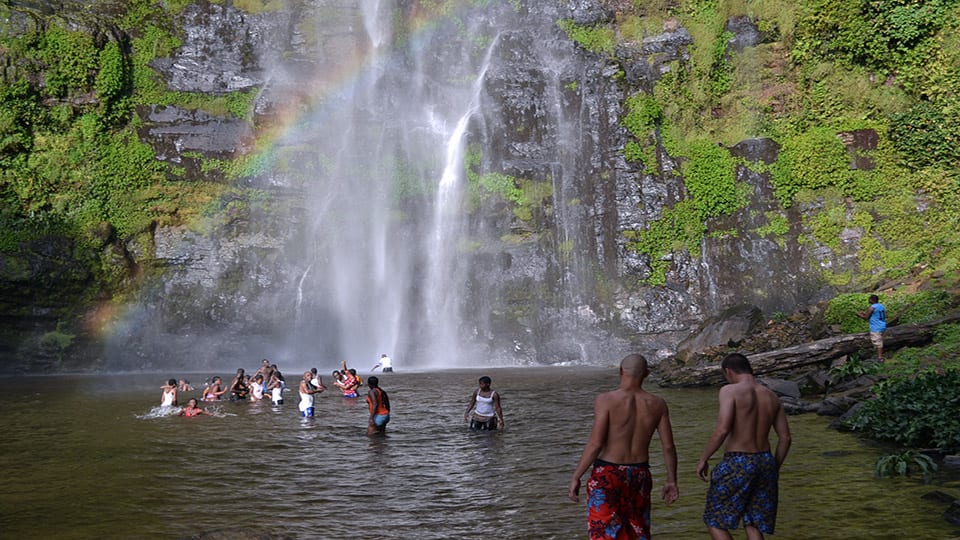
Perhaps the most common way by which touring and travel even occurs is because we do them for leisure. Sometimes there does not need to be a reason to explore a new place other than the simple fact that we just want to, at our own pace, budget and time. Touring takes place here without external pressure and tourists are free to take on adventures to their hearts’ delight, some prefer self-guided tours while others sign up to tour groups. Either way, chosen, tourism still remains prevalent in the drive to become familiar with a new and unknown place.

Understanding why people are drawn to tour and travel is a necessary step into boosting a nation’s Tourism sector for the benefit of the people, visitors and the nation’s economy. Making tourist sites safe, fun and easily accessible are some of the things that a tourism industry should be concerned with and with the above reasons why people tour we can see that Tourism in and of itself is part of our psyche and from ancient times has always been a way by which we humans connect and learn of our world. For a true boost to a nation’s tourism sector, a lot more work is needed in ensuring that it effective and profitable from finding the right places to make a tourist attraction to maintaining and regulating existing sites to bolstering hospitality and enriching cultural values, Tourism within a nation can well become its top economic benefactor.
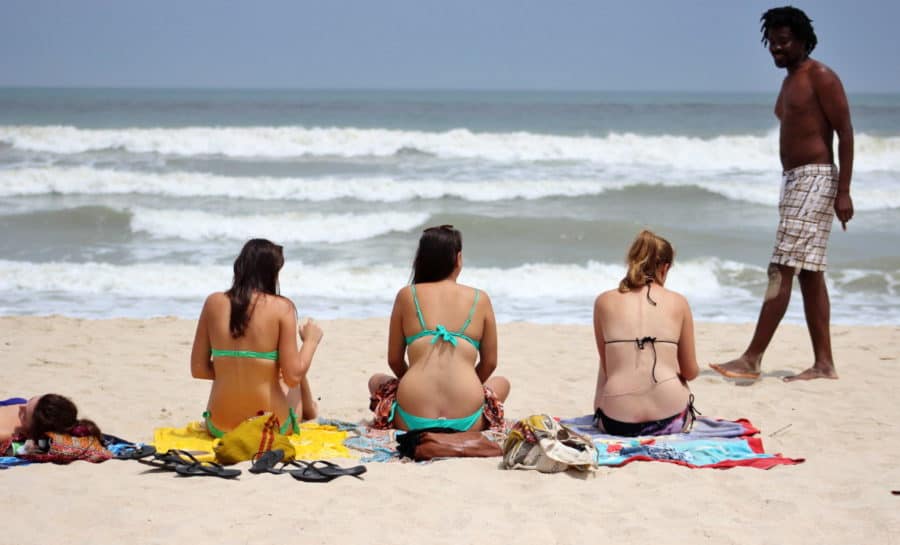
In Ghana, tourism plays a key role in driving the economy by way of foreign exchange generation, creating employment avenues and wealth generation as well as stimulating other sectors of the economy. Currently, the fourth largest source of foreign exchange earnings, Ghana’s tourism raked in an estimated US 2.2 million in 2015 with arrivals reaching up to 1.2 million visitors. The Ministry of Tourism, Arts and Culture under the leadership of Honorable Lawyer Barbara Oteng Gyasi has managed and sustained a vibrant tourism industry through the ministry’s able agencies. The Ghana Tourism Authority, headed by Mr. Akwasi Agyeman is one such agency that has served well to keep the tourism industry within Ghana a leader in African tourism and an all-round attraction for eager tourists far and wide. From effective vetting and licensing of tourist sites, hospitality services and institutions to event organization and authorization, the Ghana Tourism Authority has a solid grasp of the tourism sector and works diligently to ensure tourists and visitors get to experience the deep culture, absorb the firm heritage and appreciate the fascinating arts that Ghana has to offer. Beyond being innately drawn to tour, it falls on the Tourism, Arts and Culture Ministry to promote domestic tourism amongst indigenes.
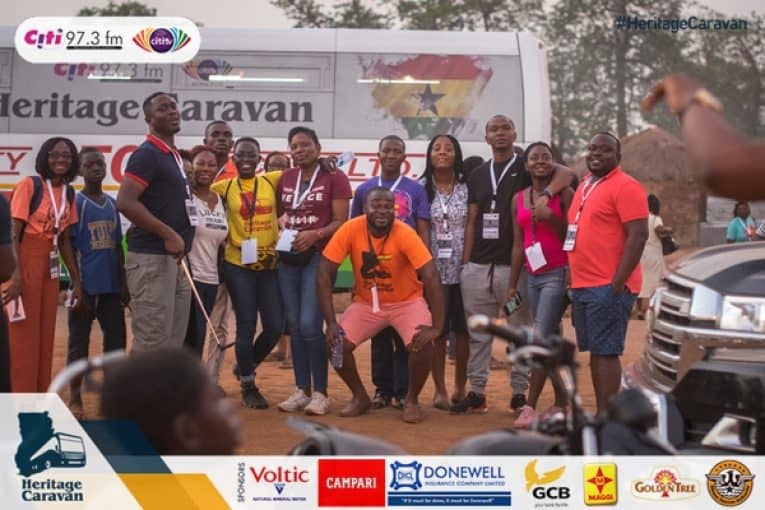
Conclusively, it must be known that people will always want to travel and tour, we have been doing so from the age of early man right down to the digital age we are currently in, therefore commercialization of this activity is bound to always happen. For any country, Tourism has the most potential to bridge ethnic differences, promote cultural diversity and, encourage unity and overall rake in foreign exchange hence it should not be taken lightly in order to truly reap the benefits of a vibrant Tourism industry.
By: Edward Koku Alao-Crystal/NSP/GTA
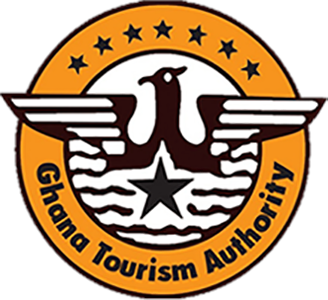

 Call Center
Call Center






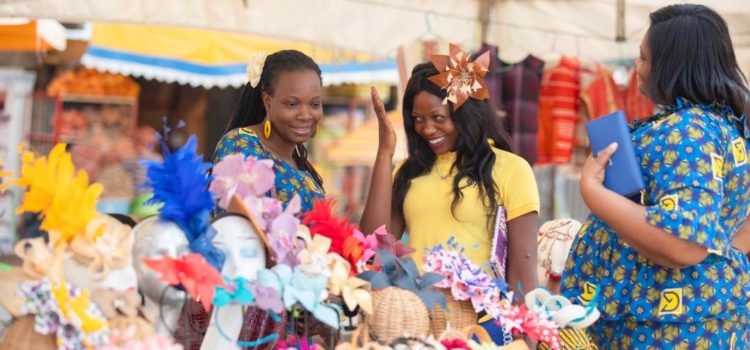



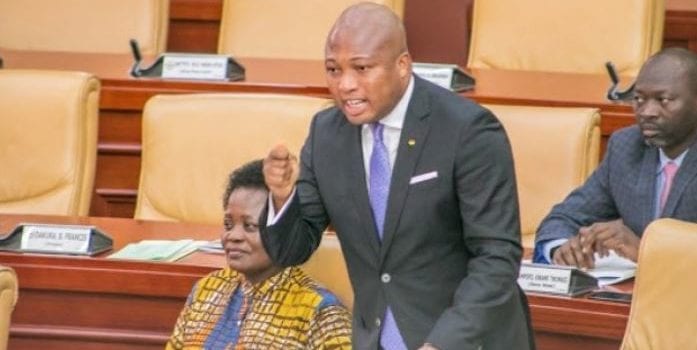













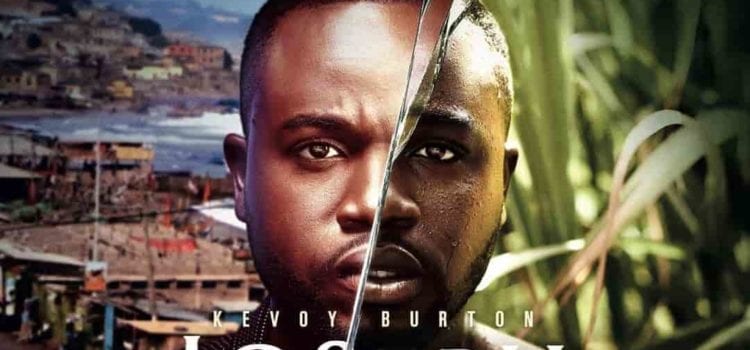
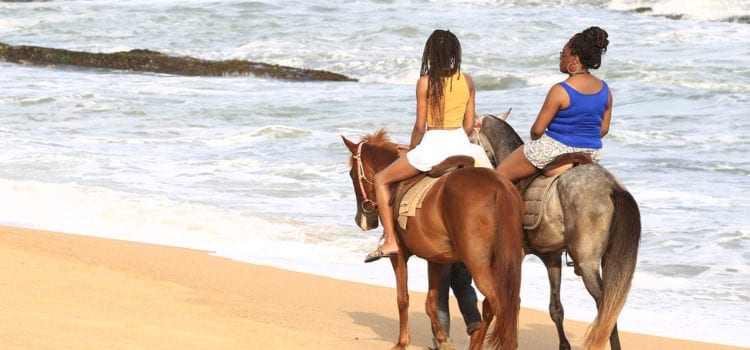
 Call Center: 0307007100
Call Center: 0307007100